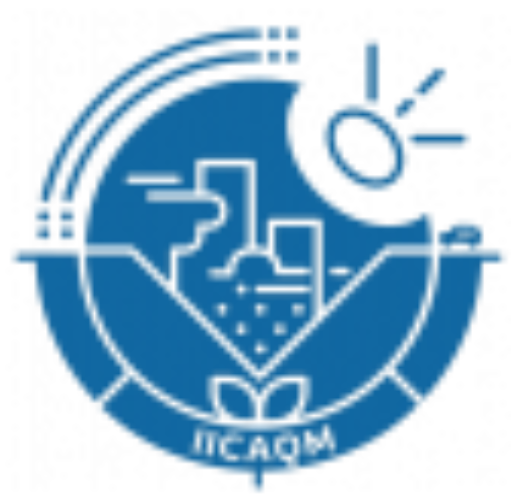Title: “Gaps and limitation in air quality management in India – Suggestive steps to be taken to
improve air quality”
”
Abstract
In India many initiatives have been taken to improve air quality such as the notification of Ambient Air Quality Standards (AAQS), the
development of the Air Quality Index (AQI) based on CAAQMS data, the transition to cleaner transportation fuels (BS-II to BS-VI), and the
implementation of vehicular exhaust standards. The establishment of manual and continuous air quality monitoring stations, the National Clean
Air Action Plan (NCAP), and the identification of 132 non-attainment cities highlight efforts to address pollution challenges. However, critical
gaps remain in achieving effective air quality management. Recommendations to bridge these gaps include the measurement of the Ventilation
Coefficient (VC) in cities, and correlating AQI with VC for accurate public information. Calibration and periodic audits of CAAQMS by
independent agencies and the alignment of monitoring station locations with CPCB guidelines are essential. Further, the promotion of clean fuels
and the adoption of electric vehicles in non-attainment cities are crucial. Upgrading solvent recovery plants, reducing non-point pollution sources
such as fugitive dust, and addressing VOC emissions from chemical industries are vital steps. Stricter regulation of SO₂ and NOₓ emissions from
power plants and methane emissions from MSW dumpsites, along with improved Inspection and Maintenance (I/M) systems, will also enhance air
quality. Training and capacity building for SPCB/PCC staff and innovative measures like waste co-processing in cement plants are imperative.
About the Speaker

Dr. B. Sengupta worked in Central Pollution Control Board (CPCB), Ministry of Environment and Forests, Govt. of India for more than 30 years in different capacity. He was Member Secretary of CPCB for more than 10 years (1998-2008). He also worked in University of Florida, Gainesville, USA on air quality management and control and GHG emission reduction at university of OSLO Norway. He has vast experience in the field of Air and Water Quality Management, Industrial Pollution Control, Standard Development (Ambient and Source specific), Environmental Impact Assessment Studies, Fuel Quality improvements, Clean Technology, Waste Minimization, Pollution Prevention issues, Pollution Control in SSI units, Climate Change, Hazardous and Solid Waste Management. He represented India in many International Meetings / Seminars / Workshops organized by UNEP/USEPA/WHO/World Bank/UNIDO etc. Dr. Sengupta has published more than 250 technical reports while working in CPCB and also presented/publish more than 50 papers in National and International peer reviewed Journals. He also guided several M.Tech and Ph.D. students of IIT-Delhi, JNU, Delhi University etc.
![]()
